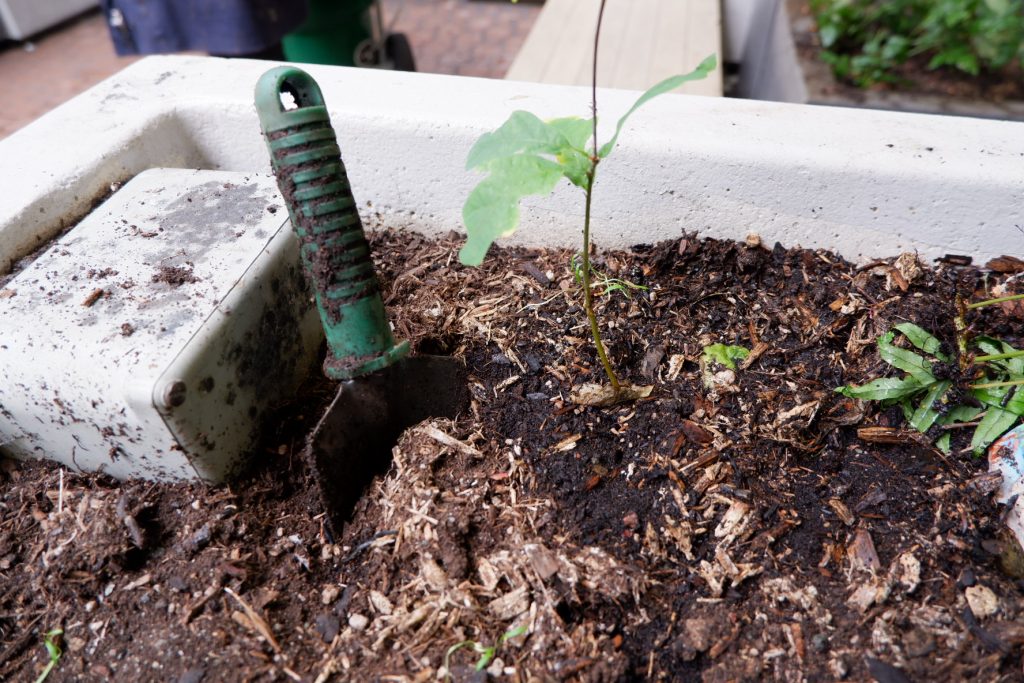Food Insecurity and Food Culture:
As Black History Month draws to a close, we wanted to take a moment to reconfirm our commitment to ongoing
learning, unlearning and addressing cultural safety at LifeCycles. We are actively seeking ways to build an equitable
and inclusive organization and support those efforts in our broader society.
We know that food insecurity disproportionately affects racialized groups.
Food Security is defined as inadequate access to food due to a lack of income. Research from PROOF states that
the highest rates of food insecurity in Canada were found among households where the respondent identified
as Indigenous or Black, at 28.2% and 28.9% respectively. We are, contemplating the devastating impacts of colonialism and anti-Black racism on Black food culture.
Both in terms of the much higher incidence of food insecurity and the general marginalization of cultural cuisines.
The challenges facing racialized groups have been exacerbated by the pandemic.
On top of this, in the past year we have been faced with climate crisis related supply chain issues and now dramatically increasing food prices.
While recent government support has been targeted towards bolstering the charitable food sector,
we know that these interventions have been unsuccessful at having long-standing and meaningful impact on food insecurity in their +40 years of operation.
We need to collectively demand that our leaders invest in changes that will have a positive impact on food insecurity – adequate income supports,
affordable housing and affordable childcare.
Supporting Links:
Proof – Household Food Insecurity in Canada
